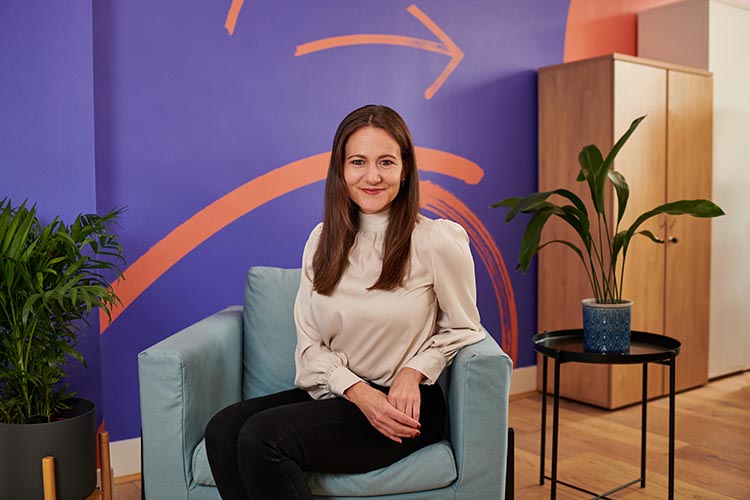The outstanding alternative: Lessons from delivering outstanding apprenticeships remotely

What lessons should be retained from the crisis the pandemic caused for apprenticeship delivery? The mass adoption of digital classrooms, remote learning and platform based teaching won’t suddenly go away. And while some sectors where remote delivery was impossible saw no advantages whatsoever, there are some things worth retaining.
But for us, as a provider of professional apprenticeships, going remote offered an opportunity to expand our reach across the UK (and into the US) to reach more learners – but grasping that opportunity meant we had to approach the challenge in the right way.
What we realised early on was that going remote did not have to mean losing face-to-face.
You might not realise it from all the media coverage of getting students back to lecture halls but the real divide – and the one that matters – is not between remote and in-person. It’s between human-to-human and self-led learning.
Human-to-human means prioritising community, interaction with peers, and personal contact with coaches. We know that this human-to-human approach is what drives outcomes: coach relationships are a lifeline for Multiverse apprentices, and access to the vibrant community for interaction with peers is key to learner outcomes.
Our recent Ofsted inspection result vindicated this approach, and so does the data. After going remote, outcomes went up. Our pass rate increased to 100% for the first time ever, and completion went up by 6 percentage points. Not only that, but the benefits of being remote meant that we could overcome geographic and socioeconomic barriers – giving anyone, anywhere, access to outstanding education. 49% of our apprentices now live and work outside of London, where we are based.
Beyond the stats, you don’t have to look far for personal stories of how remote delivery has benefitted individual apprentices. Rebecca, for example, has a medical condition that affected her in school and made it difficult to keep up. But during her apprenticeship, remote learning (that retained human-to-human connections) meant she could stay on track and succeed even alongside spells in hospital.
For us at Multiverse, the ability to deliver a world-leading applied education experience to anyone – regardless of background or geography – is a significant boost to our mission. So we have made the decision to retain elements of remote delivery – while retaining what we do best, human-to-human coaching.
In doing so, we will be guided by three principles. For those institutions where remote might be a possibility, I hope these principles offer some inspiration:
Remote First – the digital classroom must be brilliant. That means more than just moving the classroom experience online, but taking advantage of the technology to deliver outstanding teaching through a new medium.
Inclusion – we increased our wraparound support and will ensure that apprentices have access to things like the right technology and the right welfare support. We’re driven by expanding our horizons and reaching even more learners – wherever they are.
Human Connection – The most important lesson from our experience is that learning needs to remain highly interactive, social and personal. Communities and peer networks are essential to growth.
‘Social distancing’ is the exact opposite of what we aim to achieve at Multiverse – but what we realised is that remote doesn’t have to mean alone. By making human connections possible, regardless of medium, we were able to deliver a truly outstanding educational experience and continue to create special moments on educational programmes.
While distance separated us physically, technology brought coaches and apprentices together in a way that continued the all important psychological safety, rigorous challenge, empathetic coaching, social learning and, importantly, fun that have always been hallmarks of the Multiverse experience.
We have shared more of our experiences and lessons in a free whitepaper, which you can download here.











Responses